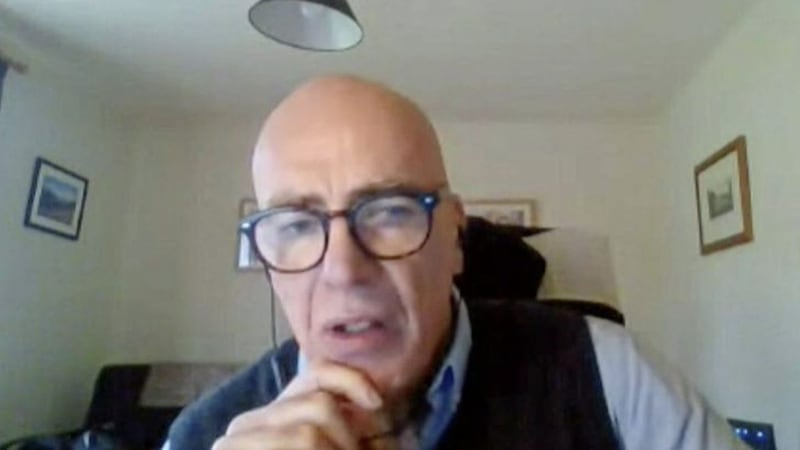DIVISIONS between communities are being reinforced by schools and multiple education sectors, politicians have been told.
It has been urged that an independent review of education should look closely at the `Catholic teachers certificate'.
The panel should also examine legislation that allows schools to use religious belief as a ground on which to discriminate between candidates for teaching posts, it has been claimed.
The assembly education committee yesterday received a briefing from Dr Matthew Millikin from Ulster University.
Dr Millikin has been working on the Transforming Education project, which has been focussing on policies relevant to integration and separate schooling.
It has researched issues including schools' religious education policies, separate teacher training colleges, `vested interests' on boards of governors and the exemption of teachers from the fair employment and treatment order (FETO).
Dr Millikin told the committee that a planned review of the north's fracture education system was an opportunity to take a closer look at these issues.
The Certificate in Religious Education is necessary if a teacher wants to work in a Catholic primary school. It has been identified as limiting opportunities for teachers to access employment outside of schools associated with their own educational background and community identity.
A wide-ranging independent review of education is due to begin this summer.
"The FETO exception is past its sell by date. I would advocate for the repeal of the FETO exception," Dr Millikin said.
"For the certificate, I would say does every single teacher in nursery and primary school need the certificate to preserve the Catholic ethos? Is it perhaps something that specific teachers could be required to have, that are preparing pupils for specific sacraments.
"In parallel with that there is potentially a need to revise the concept of religion that is included in the school curriculum."
Earlier, the committee received a presentation on integrated education.
Members were told that one in five applications for places at integrated post-primary schools in 2018/19 were unsuccessful due to high demand.
The Irish News has found separately that while there is huge pressure on some schools, there are others that struggle to fill their places.
Committee deputy chairman, Pat Sheehan of Sinn Féin said he supported integrated education, but had some concerns including the use of academic selection.
He added some schools did not have a critical level of inclusivity around sport, teaching of history, language and wearing of emblems.
"It's long past the time when people are being educated on a segregated basis, however do have some issues around the current model as it exists," he said.
"If we are going to talk about a really integrated system, it is not just about religion, or community background, it is also about the socio-economic background that children come to and a proper integration of our whole education system."
Lagan College Principal Amanda McNamee told members that her school used entrance tests to select some Year 8s.
"To be truly all-ability, you have to intentionally get children of different abilities," she said.
Sam Fitzsimmons from the Integrated Education Fund said some schools that transferred from the state sector were still on a journey that would continue as they evolved.
"A lot of this comes down to resources. Many schools do not have the resources to provide the range of sporting or cultural activities that perhaps others may have," he added.
"However, one of the things that is absolutely true is that the ethos within an integrated school is about that inclusive celebration."








